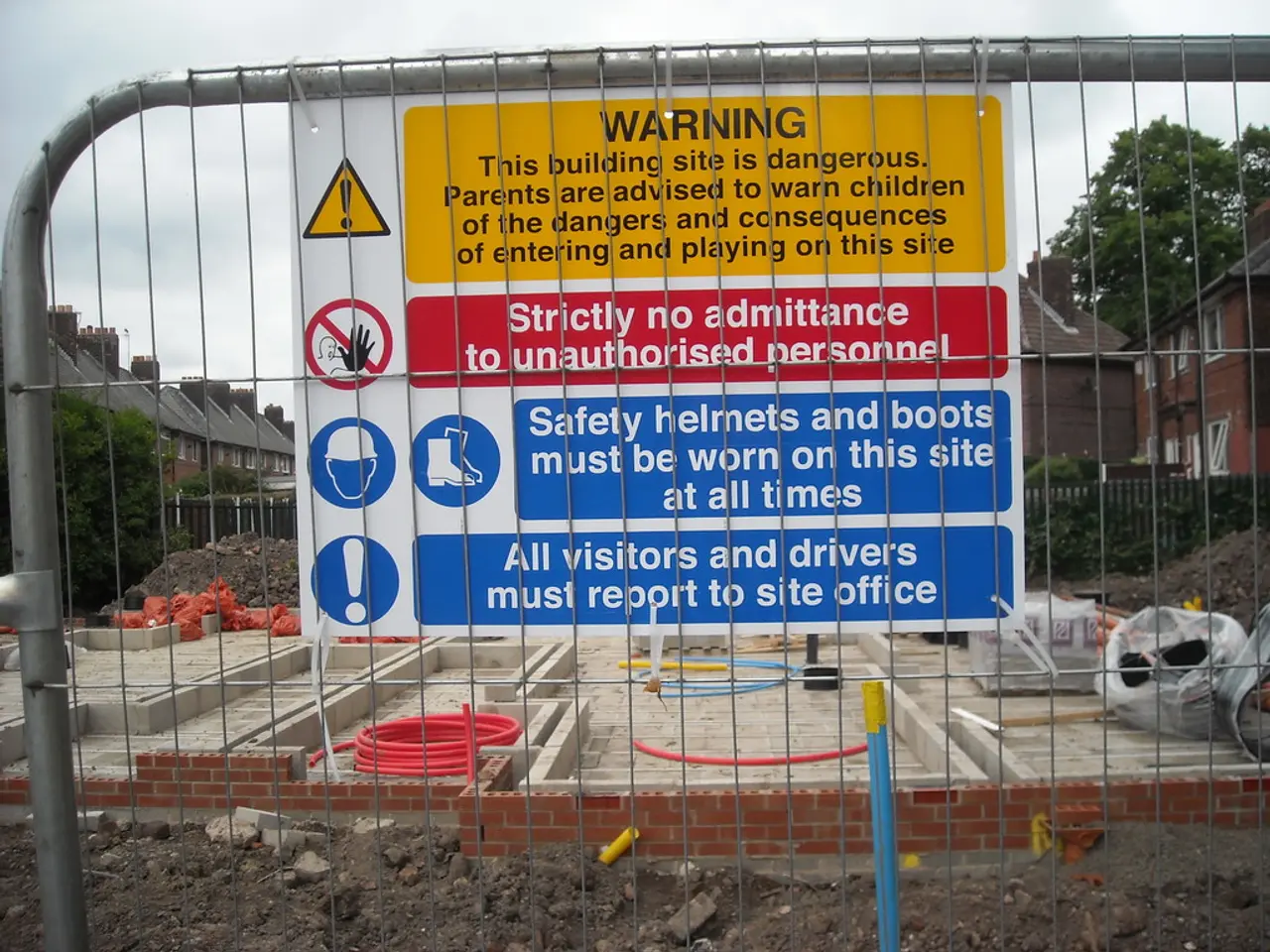Proposed changes unveiled to enhance construction by small-scale homebuilders
The UK government has unveiled a series of measures aimed at accelerating the delivery of 1.5 million new homes by easing planning restrictions and reducing regulatory burdens for small and medium-sized housebuilders (SMEs). The new policies address the challenges that SMEs have been facing due to increasing planning complexity and financial demands, which have led to a decline in small-scale developments and SME participation in the market over the past two decades.
One of the key areas of focus is the reduction of planning obstacles for SMEs. The planning process has become increasingly complex and disproportionate for small developers, with escalating demands for extensive information, reporting, and compliance. Financial burdens have also increased with the imposition of levies such as Section 106 contributions and other planning obligations, affecting viability and raising risk in obtaining favourable outcomes.
To address these issues, the government is proposing a range of policy options to restore SMEs as a vital component of housebuilding, aiming to unlock development by reducing regulatory and planning burdens. For instance, the government is considering introducing a new middle tier of 'medium' residential developments, consisting of 10 to 49 homes, which could adopt similar exemptions to minor developments, potentially easing planning and Biodiversity Net Gain (BNG) burdens on SMEs working on small-to-medium sites.
Another significant area of concern for SMEs is the BNG requirements, which can be especially challenging due to the scale and cost of onsite biodiversity enhancements. To alleviate some of these burdens, the government is considering exemptions and thresholds that might exempt more minor developments and reduce BNG obligations for small projects. Proposals include an exemption for all single dwellings, increasing the minimum habitat impact threshold below which BNG does not apply, and introducing a new medium development threshold for sites between 10 and 49 homes.
While these measures aim to make BNG more proportionate to development scale and mitigate risks for SMEs, there is concern about potential aggregated biodiversity loss if exemptions or thresholds are set too high.
Catherine Spitzer, CEO of Environment Bank, supports the government's consultation to promote greater housebuilding and believes that a clear, unwavering commitment from the government to the BNG policy is essential to ensure private investment in nature. She emphasizes that the BNG policy is already delivering benefits, including helping housebuilders obtain planning permission faster, driving nature recovery, boosting rural economies, and supporting farmers and local government.
Angela Rayner, deputy prime minister and housing secretary, stated that smaller housebuilders are crucial to achieving the government's housing targets and fixing the housing crisis. Prior to the 1980s, SMEs delivered 40% of England's properties, and the government hopes that these new measures will help revive the SME sector's role in delivering much-needed housing.
The consultation process is hoped to provide the necessary certainty to allow the market to thrive and continue delivering the wide-ranging benefits offered by the BNG policy. The announcements are outlined in two consultation documents named 'Planning Reform Working Paper: Reforming Site Thresholds' and 'Reform of Planning Committees: Technical Consultation'.
The reaction from industry experts, such as Richard Beresford, chief executive of the National Federation of Builders (NFB), has been extremely positive. The government's BNG policy is generating an annual economic value of £454.6 million, supporting nearly 4,500 jobs, and restoring over 17,000 acres of land each year. However, some concerns remain regarding the potential centralisation of planning power, with the latter consultation document including controversial plans to give planning officers the final say over applications rather than elected planning committees.
These measures mark a significant step towards supporting SME housebuilders and streamlining the planning process to accelerate the delivery of new homes in the UK. The government's commitment to balancing environmental goals with the practicality and viability of SME-led developments is a promising development for the housing market and the environment alike.
- The local government's new policy focuses on reducing the regulatory burdens for small and medium-sized housebuilders (SMEs) within the housing industry, particularly on financial matters and planning complexities, to revive their significant role in the delivery of new homes in the UK.
- To alleviate the challenges faced by SMEs, the government proposes policy options such as introducing a new middle tier for 'medium' residential developments, which could ameliorate planning and Biodiversity Net Gain (BNG) burdens on small projects, and consider exemptions and thresholds that might ease BNG obligations for minor developments.
- The housing secretary, Angela Rayner, denotes the importance of SME housebuilders in achieving the government's housing targets and emphasizes their crucial role in fixing the housing crisis, as they were responsible for 40% of England's housing before the 1980s.




